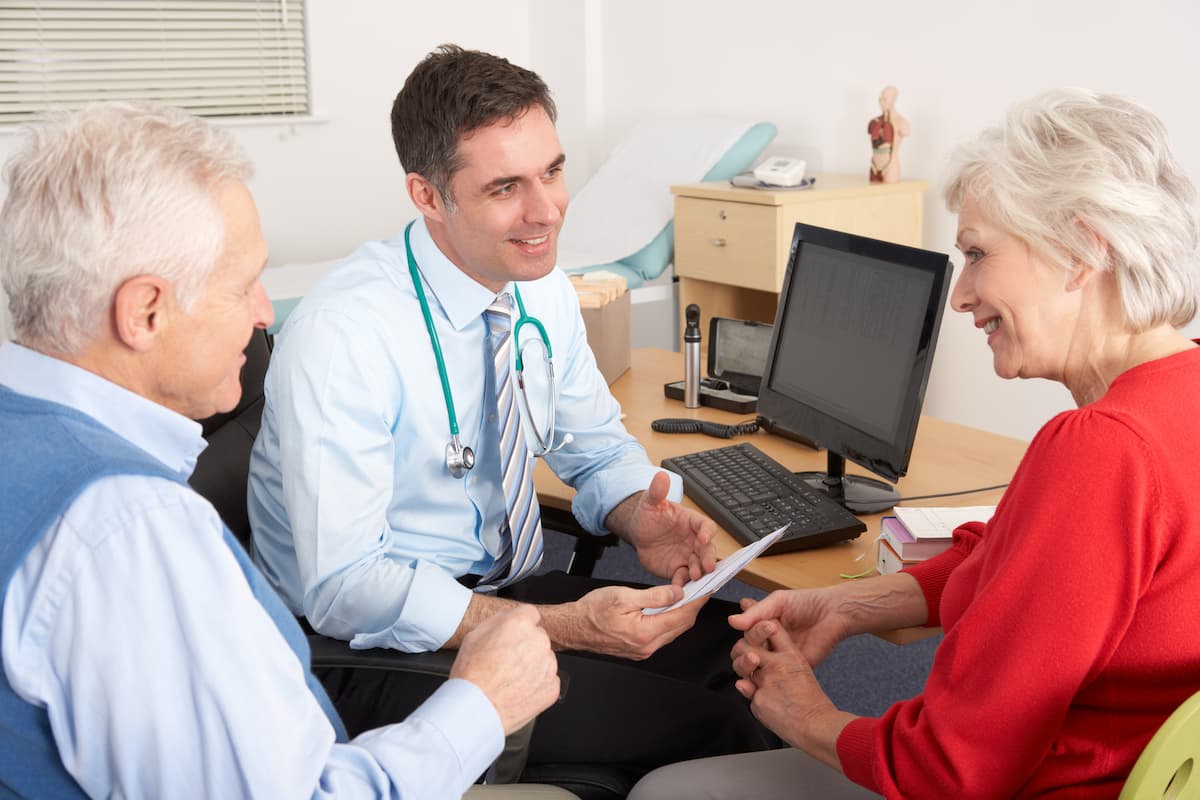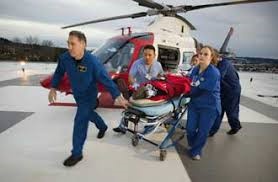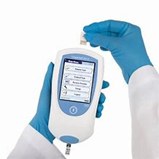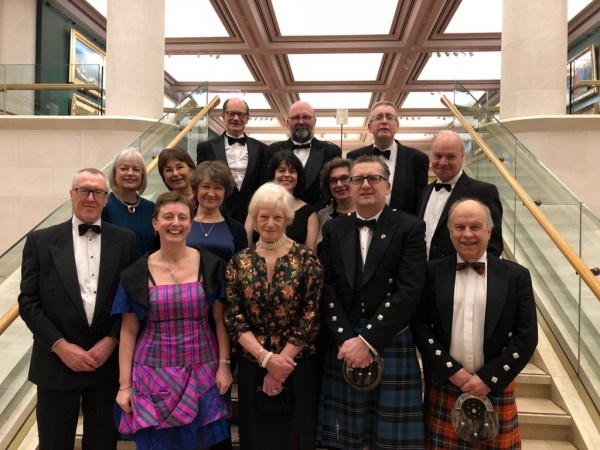|
As an international leader in health and social care research, the Aberdeen Centre for Evaluation (ACE) promotes collaboration with research leaders locally, nationally and internationally. This collaborative approach has led to many directly measurable impacts and achievements. In 2017, together with the Health Economics Research Unit ( HERU), the Centre (known as the Health Services Research Unit at the time) received the Queen's Anniversary Prize for our sustained excellence in health services research over the previous 40 years. For further examples of our recent impact and achievements please see the links below. |
- HSRU Impact Report 1988-2024
-
In 2024 HSRU (Now ACE) produced a final report for the Chief Scientist Office (CSO) of the Scottish Government as a summary of impact achieved by the Unit over the 36 years of CSO core funding to HSRU.
A copy of the report can be found here.
- EAGLE trial transforms the evidence base for primary angle-closure glaucoma
-
Globally, 20 million people have primary angle closure glaucoma and 4 million have been blinded by it, mostly in low- and middle-income countries. The Aberdeen led EAGLE trial was run across 5 countries [UK, China (including Hong-Kong), Singapore, Malaysia and Australia] and showed the benefits of clear lens extraction surgery for angle-closure glaucoma.
EAGLE, described as a landmark glaucoma trial by the European Glaucoma Society provided robust evidence, supporting a change in practice. It showed that initial clear lens extraction is associated with better clinical and patient-reported outcomes and is likely to be cost-effective in publicly funded health systems.
It has led to changes in practice and national and international guidelines, with important impacts in East Asia in particular, where this condition is most prevalent.

For further information:
Azuara-Blanco A, Burr J, Ramsay C, Cooper D, Foster PJ, Friedman DS, Scotland G, Javanbakht M, Cochrane C, Norrie J, EAGLE study group. Effectiveness of early lens extraction for the treatment of primary angle-closure glaucoma (EAGLE): a randomised controlled trial. Lancet 2016;388:1389-97. DOI: https://doi.org/10.1016/S0140-6736(16)30956-4
- Enhancing patient care and policy with philosophical research on 'person-centred' approaches to healthcare
-
Philosophical analysis of 'collaborative approaches' to healthcare and 'support for self-management' for people with long-term conditions has significantly shifted the thinking and practice of clinicians who have engaged with it.
Their practical adoption of the central idea of 'enabling people to live (and die) well' has been positively received by patients, and their professional reflections have benefited from the insights the research provided into the inevitable ethical tensions of person-centred approaches.
The further spread of these benefits is now supported by the adoption of the central idea and associated insights within professional training programmes, NHS and third sector service development work, Scottish health policy and international guidance

For further information:
Entwistle VA, Cribb A, Owens J. Why health and social care support for people with long-term conditions should be oriented towards enabling them to live well. Health Care Analysis, 2018, 26(1): 48-65. DOI: https://doi.org/10.1007/s10728-016-0335-1
- Guiding the Introduction of Surgical Robots
-
HSRU (now ACE) led research demonstrated that robotic assisted surgery can improve patient outcomes and change the way that surgical services are delivered. The research has provided evidence for Healthcare Improvement Scotland and NICE, informing new guidelines about the use of robot-assisted procedures to treat prostate cancer.
The research findings have proved the business case for the substantial investment required for these robots. Over the last decade, the number of robots used for radical prostatectomy surgeries in the UK has increased from 10 to 55.
89% of radical prostatectomies in England are now carried out by robot-assistance. This has saved time spent in hospitals, shortened patient recovery times, reduced complications, and lessened the physical demands on surgeons.
By establishing both the clinical and economic basis for using robots, the HSRU research has now been extended to underpin decisions in more clinical areas, including other types of cancer, other urology diagnoses, and knee and hip replacement and has catalysed the expansion of robotic services in Scotland to other clinical indications.
For more information, please click here.
Ramsay C, Pickard R, Robertson C, Close A, Vale L, Armstrong N, Barocas DA, Eden CG, Fraser C, Gurung T, Jenkinson D, Jia X, Lam TB, Mowatt G, Neal DE, Robinson MC, Royle J, Rushton SP, Sharma P, Shirley MDF, Soomro N. Systematic review and economic modelling of the relative clinical benefit and cost-effectiveness of laparoscopic surgery and robotic surgery for removal of the prostate in men with localised prostate cancer. Health Technol Assess 2012;16(41):1-313.
- Informing Clinical Guidelines
-

Research publications relating to ACE projects have successfully contributed to inform national and international guidelines. Among others, 26 NICE Clinical Guidelines (affecting over 200,000 patients in Scotland), 2 SIGN Guidelines and 16 International Guidelines (e.g., European Association of Urology Guidelines, International Incontinence Society Guidelines, Canadian Urology Association Guidelines, Cancer Care Ontario Guidelines).
An example is the diagnostic assessment on Point-of-care coagulometers for the self-monitoring of the coagulation status in people receiving long-term vitamin K antagonist therapy was reviewed by the Scottish Health Technologies Group to inform the Health Improvement Scotland, Evidence Note 57.
- Influencing the Introduction of New Trauma Services Across Scotland
-
In 2013, the Scottish Government committed to developing

The GEOS study involved a year-long prospective data collection, by the Scottish Ambulance Service, of where trauma incidents occurred, and what level of care (major trauma centre, trauma unit, or local emergency hospital) patients required. This information was then used to conduct a mathematical modelling of all theoretically possible trauma system configurations. More than 80,000 patients were included, around 7,000 of whom were triaged to major trauma centre care. The results of the GEOS study were fed directly into the National Planning Forum's formal deliberations on how Scotland's trauma system should be taken forward.
Jansen JO, Campbell M, on behalf of the GEOS Investigators. The GEOS study: Designing a geospatially optimised trauma system for Scotland. The Surgeon 2014;12(2):61-63.
- Influencing the introduction of self-monitoring coagulometers for NHS patients
-
Quality of life for patients on long-term oral anticoagulation therapy is negatively affected by the travel associated with up to 20 regular checks per year at their GP or hospital. Research, led by the Aberdeen Health Technology Assessment Group, was responsible for NICE guidance recommendations approving a Roche-manufactured device for self-testing by patients in both England and Scotland.

The recommendations underpinned NHS Trust guidelines for patients and carers, saved time in NHS primary care settings, improved the quality of life for patients and generated commercial benefits.
17,000 patients in the UK use the device and in one NHS Trust with 500 patients, the number of out-patients attendees has halved, avoiding over 55,000 in-patient appointments in a seven-year period.
For further information:
Sharma, P., Scotland, G., Cruickshank, M., Tassie, E., Fraser,C., Burton, C., Croal, B., Ramsay, C.R. and Brazzelli, M. (2015) 'Is self-monitoring an effective option for people receiving long-term vitamin K antagonist therapy? A systematic review and economic evaluation', BMJ Open, 5(6), e007758. DOI: https://doi.org/10.1136/bmjopen-2015-007758
- Queens Anniversary Prize Award
-
We were delighted that in 2017, together with the Health Economics Research Unit ( HERU ), we received the Queen's Anniversary Prize for our sustained excellence in health services research over the last 40 years.
It is the UK's most prestigious form of national recognition open to a UK academic or vocational institution.
We received the award for pioneering the combination of clinical and economic research to assess which medical treatments are effective for use in the NHS and worldwide. Our researchers have conducted more than 1000 studies, involving 46,000 participants from 1,500 places worldwide.
The work has changed clinical practice, policy, legislation and academic methods; directly impacting on the lives of millions of people around the world.
For more information click here


- Reducing Antibiotic Prescribing Across Scotland
-
Dentists are responsible for prescribing 10% of all

Our interventions produced a 7% reduction in annual antibiotic prescribing compared to usual practice- resulting in over 20,000 fewer antibiotic prescriptions across Scotland annually since 2014.
The trial was:
- methodologically innovative as it was the first trial of audit and feedback to use a partial factorial design to understand the mechanisms that drove the reductions in prescribing.
- highly efficient, costing less than £30K because it used only routinely collected data.
Elouafkaoui, P, Young, L, Newlands, R, Duncan, EM, Elders, A, Clarkson, JE,Ramsay, CR. An audit and feedback intervention for reducing antibiotic prescribing in general dental practice: The RAPiD cluster randomised controlled trial. PLoS Med 2016;13(8):e1002115. doi:10.1371/journal. pmed.15.
- Response to COVID-19
-
Please click here to visit our Response to COVID-19 page.
